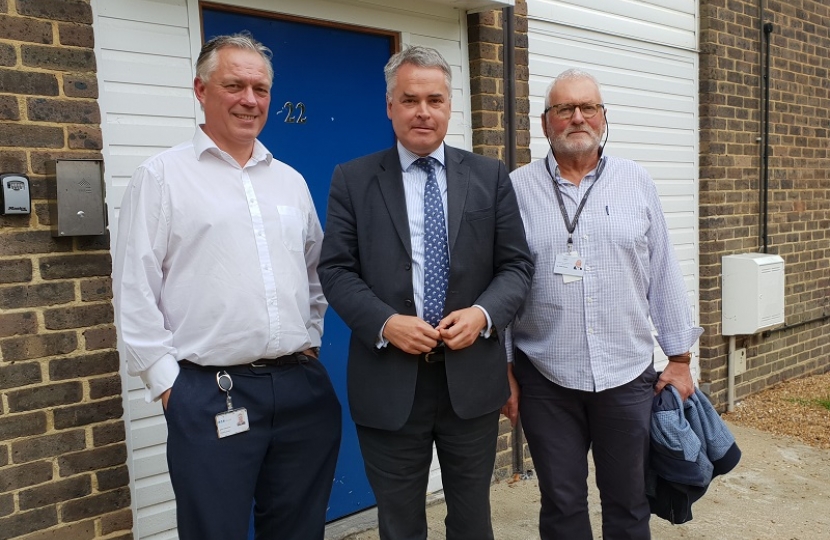
Parliament returned this week after the summer recess and the hottest summer on record. Things are still hotting up in Westminster though as Brexit remains the dominant issue of the day – so situation normal then!
Back on the domestic agenda where the important day to day issues of Government still carry on despite being crowded out of the headiness by Brexit, this week the Home Affairs Select Committee stepped up our enquiry into Domestic Abuse. The Government has promised to produce a Domestic Violence and Abuse Bill to tackle what is still a surprisingly all too regular occurrence and the Select Committee is working with expert witnesses to make sure that the legislation is well informed and effective. The main aim of the legislation is ‘to prevent domestic abuse by challenging the acceptability of abuse and addressing the underlying attitudes and norms that perpetuate it.’
With my longstanding background in children’s issues I have always been alarmed at just how big a majority of child safeguarding cases have domestic violence as a common feature. Most shockingly it is estimated that around a third of domestic violence against women starts during pregnancy when a woman is arguably most vulnerable. Earlier in the summer the Prime Minister announced a high level ministerial working group on family support from conception to age 2 – the First 1001 days of a child’s life, where I chair the Parliamentary Group. It will be chaired by my colleague Andrea Leadsom who set up the peri-natal health charity PIP UK which I also chair.
The vital importance of supporting the first 1,001 days from conception to the age of two has been a long-standing passion for Andrea and me over many years and given that 1 in 6 women will suffer from some form of peri-natal mental illness this is a widespread problem where we must do better. A baby’s earliest experiences determine their lifelong emotional health, so a secure early start can protect young people from later mental health problems and contribute significantly to reducing major social harms. The working group will bring together ministers and experts from health, education, local government and welfare and hopefully start feeding into this crucial area for government policy.
Last week I joined Selden Ward councillor Keith Bickers in visiting the Worthing Churches Homeless Project facility in Lyndhurst Road which is taking rough sleepers off the streets. Opened earlier in the year as a joint initiative with Worthing council and Roffey Homes this is an innovative schemes which doesn’t just provide temporary step-up accommodation but a wealth of mental health, financial and education support to enable people to get back on their feet and live independent lives again.
There have been some early successes and as with many new projects like this there have also been some complaints and concerns over anti-social activity. As I have seen in many cases it is often people from outside the project rather than the residents themselves who compound the problems and are drawn to the area. That requires better policing and better risk management and it is important for local residents that they feel this is being done and are being fully kept in the loop which is why we suggested setting up a residents’ liaison group as we did for an earlier WCHP facility in the area. Councillor Bickers and I will keep on the case as it is important that this innovatory scheme works well for everyone.
Don’t forget the pensioner’s Fair this Friday at the Montague Quarter from 10.30 – 1pm
